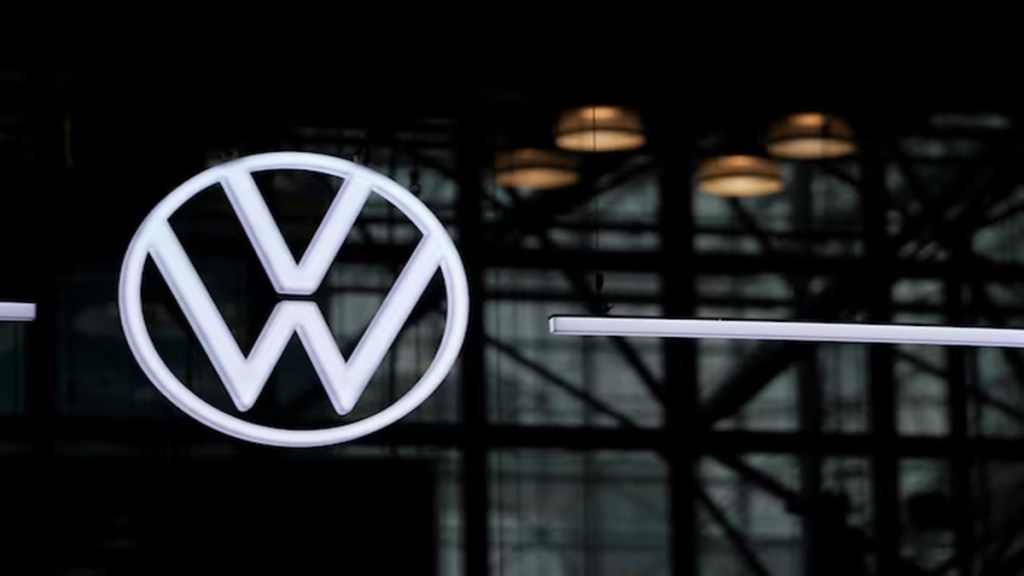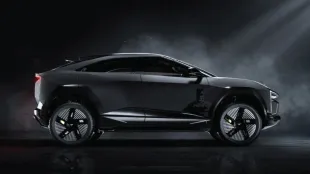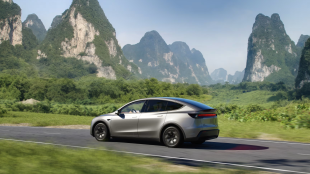The time-frame for finalisation of ‘provisional assessments’ by the Customs department, introduced in the Budget for FY26, will provide certainty to businesses in respect to taxation matters. It will also ensure that a case similar to that of Volkswagen India, which involved a huge tax demand of $1.4 billion, is not repeated, two senior officials said.
“In the case of Volkswagen India, the tax-demand was raised from 2012 onwards, because the assessments of Customs duty paid were provisional. Had it not been so, then the demand would have been raised only for a five-year period,” an official told FE.
The Finance Bill, 2025 amendments mandate that provisional assessments, with respect to estimation of customs duties paid by businesses, must be finalised within two years of its commencement.
Earlier, the Customs Act, 1962 lacked a fixed timeline for finalising provisional assessments, causing delays and uncertainties, particularly for those entities involved in related-party transactions. Typically, these assessments are carried out by authorities when there is uncertainty regarding the value, classification, or applicability of duty rates on imported or exported goods.
Last week, Volkswagen India filed a plea in the Bombay High Court challenging the $1.4 billion tax demand notice issued by Customs authorities. The HC is set to hear the case on February 17.
“There is no chance of withdrawal of the tax demand, as Volkswagen didn’t pay the correct duty for the components it imported. We have raised the (tax) demand, after assessing the duties paid by other automakers on the similar parts they imported,” another official said.
Tax authorities in September 2024, issued a notice to the German automaker for evading taxes, to the tune of $1.4 billion, by wilfully paying lower customs duties on components imported for the manufacture of its automobiles. They say that Volkswagen used to import the entire car in unassembled condition, which attracts a 30-35% duty–according to ‘Completely Knocked Down (CKD)’ rules under the Customs Tariff Act–but it used pay a lower tax of 10-15% by misclassifying the imported parts, as ‘individual parts’.
Last year, Kia India also received a similar tax notice, worth about $150 million. As per sources, the authorities have issued the notice to the South Korean manufacturer for misclassifying imports of parts for the assembly of its model Carnival. The notices were sent to Kia by the Customs office in Chennai, and the one to Volkswagen by the Maharashtra’s Customs office.
When components are imported as individual parts (not in the form of a CKD kit), they are classified separately under specific HS (Harmonized System) codes and usually attract lower customs duty rates, often ranging from 10% to 15%, depending on the part. This classification benefits companies looking to import specific components for use in various models or for after-sales services, experts say.
A CKD kit refers to a shipment of all the parts required to assemble a complete vehicle, imported in an unassembled or disassembled form. In India, CKD kits attract a higher customs duty rate, around 30 – 35%, depending on the vehicle type. This is because CKD imports are closer to fully built units in terms of value addition, and the government imposes higher duties to encourage domestic manufacturing and assembly.
Sivakumar Ramjee, executive director-indirect tax, Nangia Andersen said: “India should consider implementing a tariff ruling system similar to the USA, where importers can obtain binding classification decisions from customs authorities before importing goods. This would enhance transparency, reduce disputes, and provide predictability in duty rates.”




















